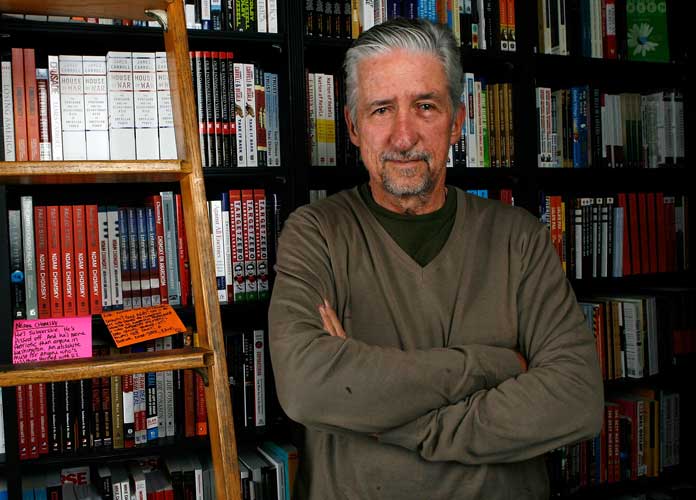Tom Hayden, Activist And Ex-Husband Of Jane Fonda, Dies At 76
Tom Hayden died Sunday in Santa Monica, California, of a long battle with heart disease. He was 76.
SOCIAL AND POLITICAL ACTIVIST TOM HAYDEN DIES AT 76
Hayden was the voice for the youth in 60s, coming to prominence following the JFK assassination. Initially, at 22, Hayden created the Port Huron Statement, which was a Utopian manifesto that upheld a “participatory democracy,” and was in stark contrast to the political complacency during the Eisenhower administration. This statement, which became the center of the influential Students for a Democratic Society, drew thousands of idealistic young people into an anti-authoritarian movement. The Port Huron Statement is still relevant today and worldwide, from students protesting in the Middle East to the Occupy Wall Street movement of recent years.
“We are people of this generation, bred in at least modest comfort, housed now in universities, looking uncomfortably to the world we inherit,” begins the oft-quoted statement.
Hayden took part in many protests of the Vietnam War, and was one of the first Americans to visit wartime Hanoi in 1965. He encouraged actress Jane Fonda to make the trip as well, a visit that earned her the derisive nickname “Hanoi Jane.” The two later married.
By 1967, Hayden was listed on the FBI’s Rabble Rouser Index.
Hayden sparked riots during the 1968 presidential election, when Vice President Hubert Humphrey was nominated as the Democratic Party’s presidential candidate. Hayden plotted huge antiwar demonstrations in Chicago in August of that year, which involved 12,000 police officers plus 6,000 Army troops and 5,000 National Guardsmen.
“Let us make sure that if our blood flows, it flows all over the city,” he declared to fellow protesters.
Following these riots, Hayden became one of the famed Chicago Seven, who were charged with conspiracy to incite violence. Hayden and his colleagues were initially convicted, but the sentence was overturned by an appeals court in 1972, citing improper rulings by the trial judge.
Years later, Hayden determined to change the system from within, and was elected to the California legislature in 1982, where he served for 18 years.
Hayden was “the most influential politician to come out of the New Left,” said Todd Gitlin, a Columbia University sociologist and historian of the ’60s who succeeded Hayden as SDS president. “Tom was one of very few people I knew who actually wanted to lead and liked power.”
In his 1988 memoir, Hayden recalls a moment in college when he was able to interview the Rev. Dr. Martin Luther King, Jr. “Ultimately,” King told him, “you have to take a stand with your life.”
“As I left the line, and later as I left Los Angeles,” explained Hayden, “I asked myself why I should be only observing and chronicling this movement instead of participating in it,” One of his first moves was to participate in a Freedom Ride from Atlanta, after which he found himself in a jail cell in Georgia.
Hayden met Fonda in 1971 and the two married in 1973. They divorced in 1990 and had one child together. Hayden married Barbara Williams in 1993 and they were together until his death.
RELATED ARTICLES
Get the most-revealing celebrity conversations with the uInterview podcast!








Leave a comment